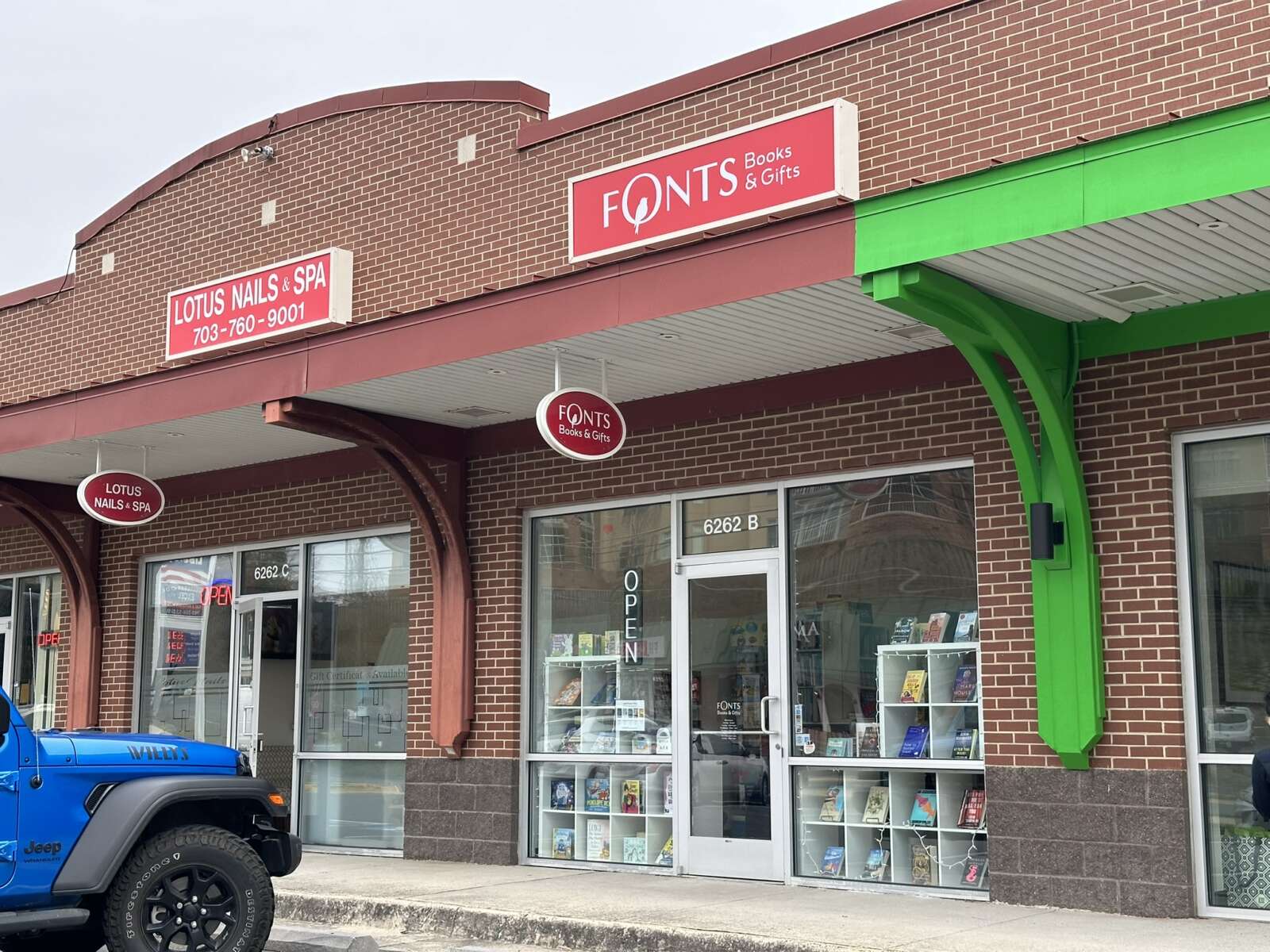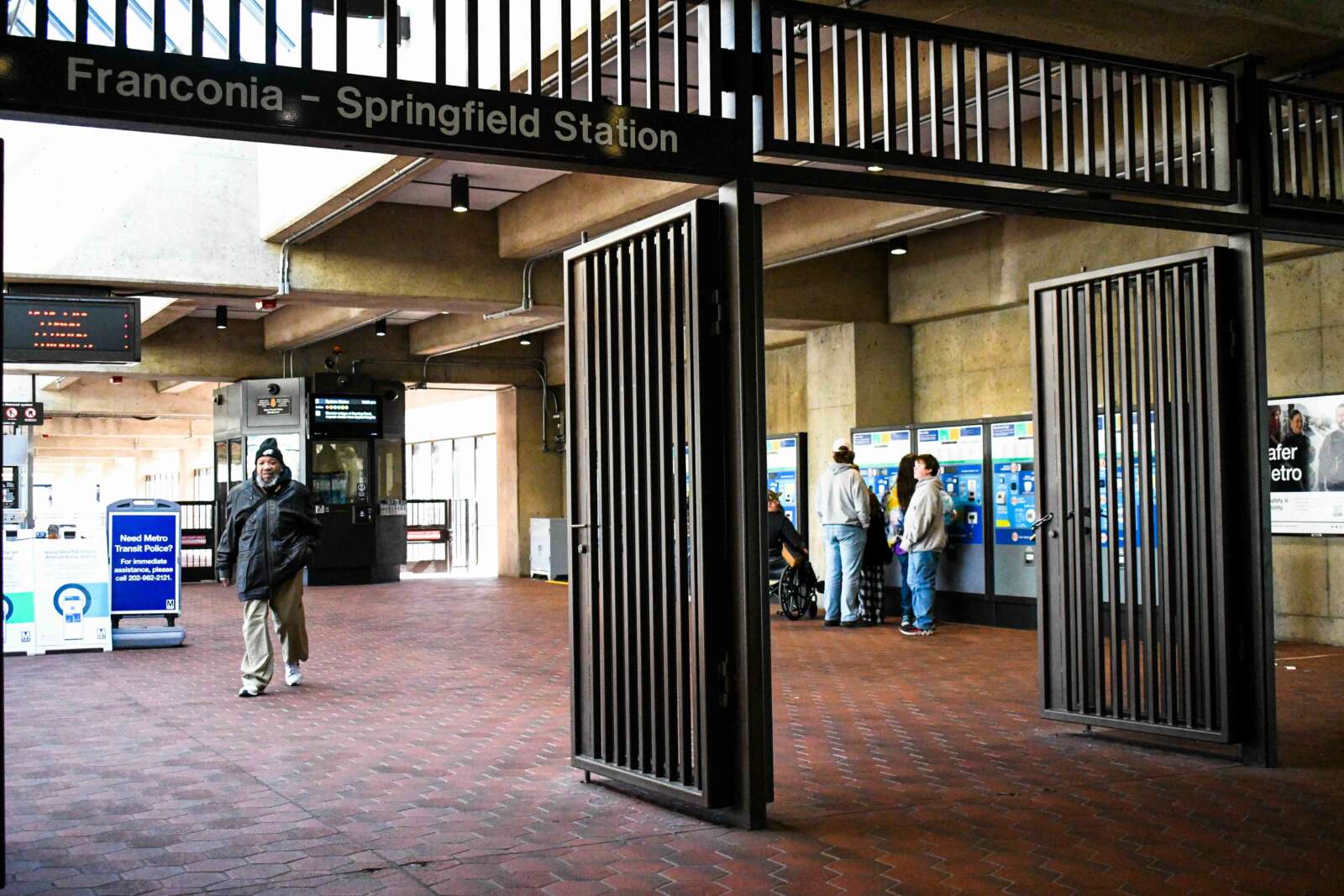 This is an opinion column by Del. Ken Plum (D), who represents Reston in Virginia’s House of Delegates. It does not reflect the opinion of Reston Now.
This is an opinion column by Del. Ken Plum (D), who represents Reston in Virginia’s House of Delegates. It does not reflect the opinion of Reston Now.
When settlers to the Virginia colony in the seventeenth century discovered that they would not be able to walk about and pick up gold as some had been led to believe, they had to look around to find a way to make the colony economically sustainable. Most efforts were unsuccessful until John Rolfe discovered that Virginia had a favorable climate to grow the noxious weed tobacco. What followed was centuries of millions of people becoming addicted to smoking or chewing tobacco with the associated cancer risks. Only in recent times has selling cigarettes to minors or smoking in public places been outlawed. Virginia has one of the lowest cigarette taxes in the country although it is taxed at a rate higher than other products.
Many farmers throughout the centuries of Virginia’s history converted their grain crops to liquor as distillers or moonshiners. With the resulting alcoholism, broken homes, and other evils associated with alcohol, Virginia became a “dry” state outlawing alcohol four years prior to the passage of the Eighteenth Amendment in 1919 making prohibition a national policy. With the lawlessness that ensued and the failure to control alcohol, the Twenty-first Amendment was passed to repeal prohibition in 1933. Virginia went from prohibition to strict control through the establishment of the Alcohol Beverage Control board that now exceeds a billion dollars in annual revenue with half that amount going to support government programs.
During its struggles with public policies related to tobacco and alcohol, Virginia treated access to marijuana as an even greater threat. Jails have been filled and criminal records have been established even for the possession of small amounts of marijuana. Smoking marijuana was viewed as a certain step to lifelong drug addiction. That tough law and order approach to marijuana shifted a few years ago when I and other legislators were able to get the medical use of marijuana approved for the relief of persons who suffered from seizures; that approach has shifted more dramatically since then.
The General Assembly passed a bill earlier this year that decriminalized possession of marijuana, creating a $25 civil penalty for a first offense. Last week Governor Northam announced that he supports the legalization of marijuana in the coming session of the General Assembly. Virginia would be the first state in the South to legalize marijuana.
According to a report issued last week by the Joint Legislative Audit and Review Commission (JLARC) that I chair, over the past decade law enforcement in Virginia has made between 20,000 and 30,000 marijuana-related arrests. Ninety percent were for possession of a small amount of the substance. Though Black and White Virginians use marijuana at about the same rate, JLARC found Black Virginians are 3.5 times as likely to be arrested and convicted. JLARC also found that it would take two years and between $8 million and $20 million to set up a commercial marijuana market in Virginia and that it could ultimately generate $300 million in annual sales tax revenue.
Virginia has taken centuries to deal with issues of tobacco and alcohol. Progress has been made, and it appears that the state is on the verge of legalizing pot which I support.
File photo





